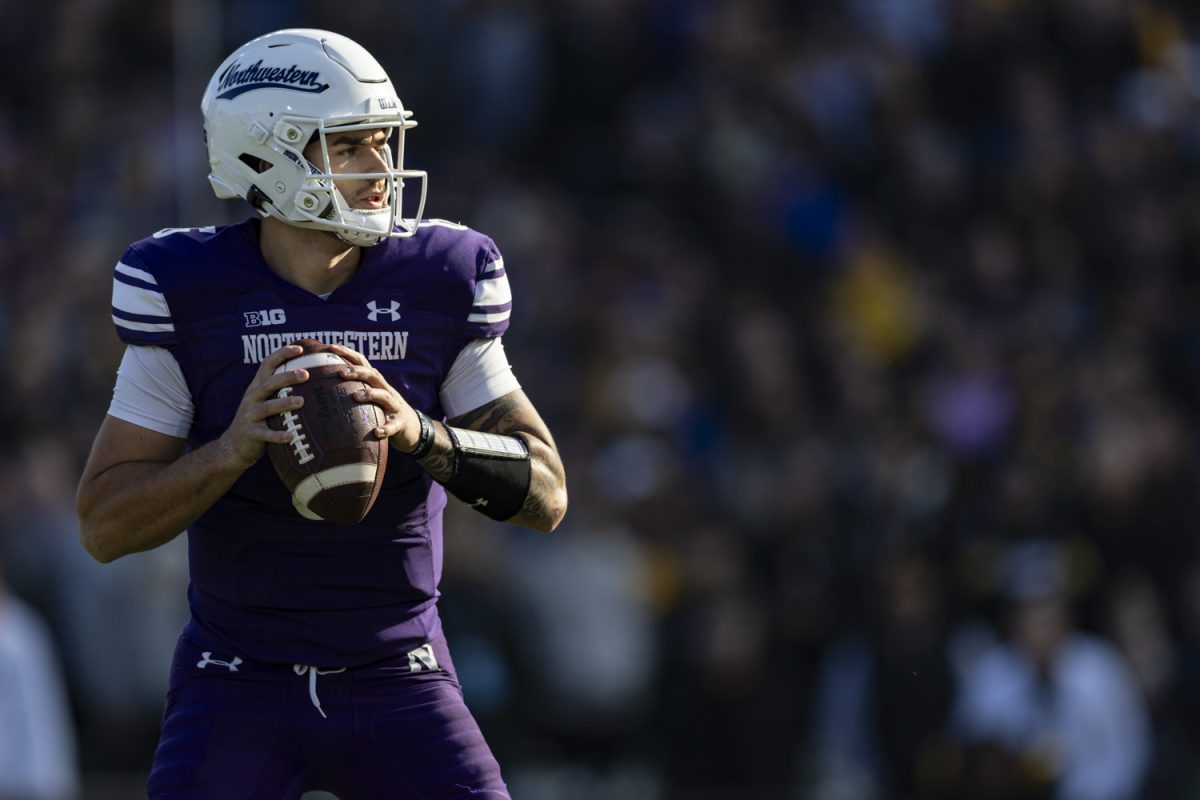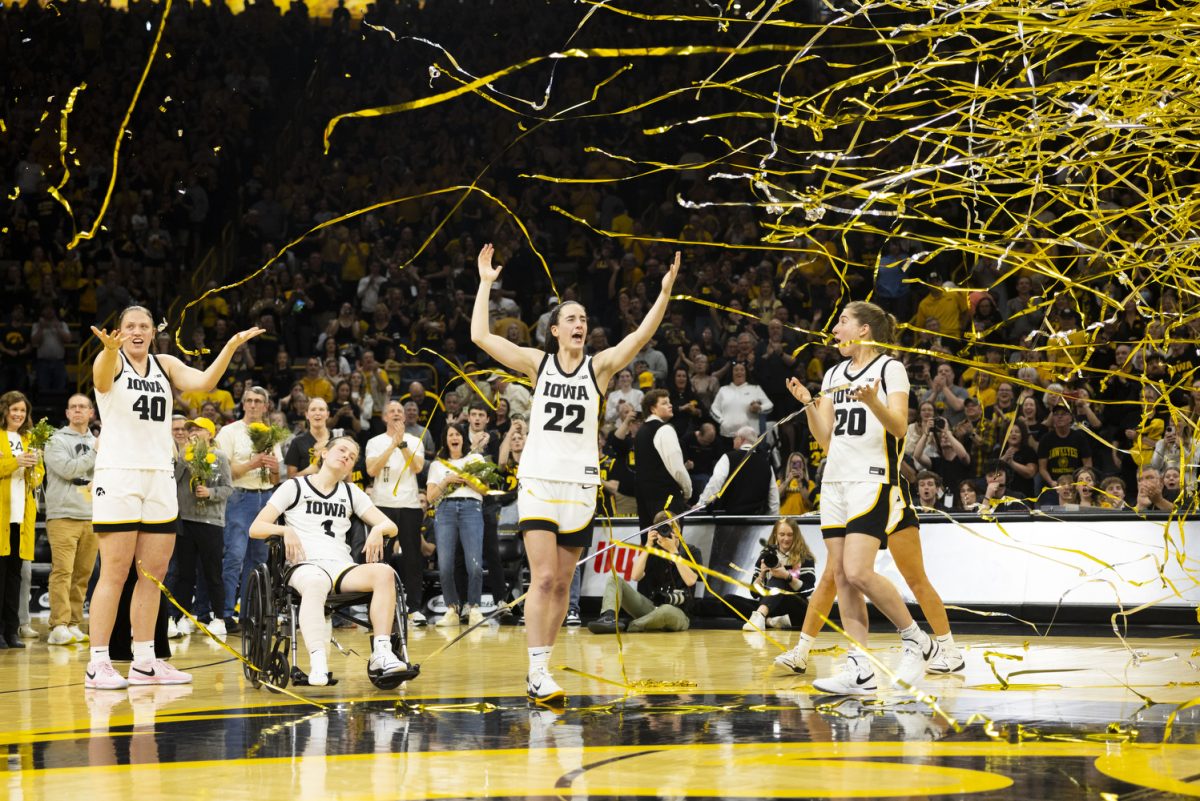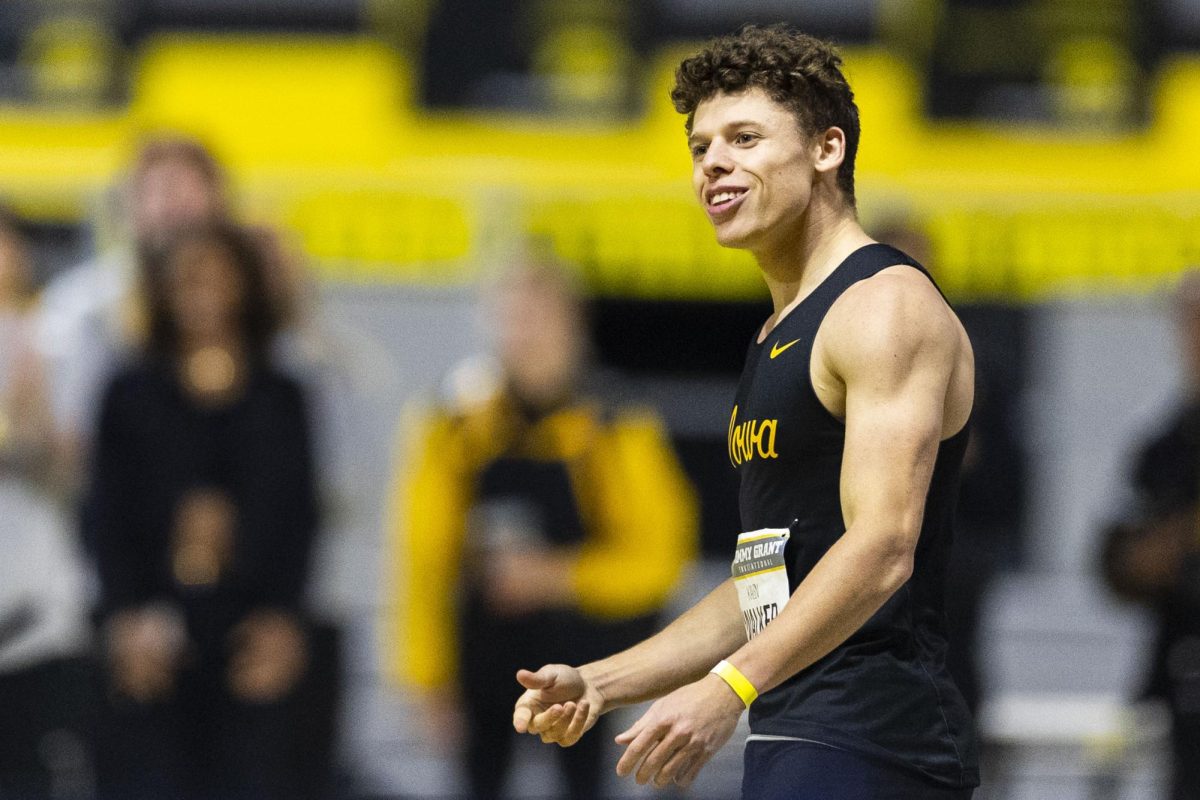Thirty-four days.
That’s how long NCAA wrestlers had to transition from folkstyle to freestyle wrestling in between the NCAA championships in March and the U.S. Olympic trials this weekend; to adjust from college competition to international-level competition; to accept the change from top dog to underdog.
Ten college wrestlers will compete in the trials, including six 2012 NCAA champions.
David Taylor, the undefeated Nittany Lion who pinned his way through the bracket and earned a 22-7 tech fall in his championships match, is in the field at 74 kg. So is Kyle Dake, the Cornell wrestler who became the first college grappler to ever win three titles at three different weight classes. Four-time Big Ten and two-time NCAA champ Kellen Russell from Michigan will wrestle at 60 kg.
At least two college athletes will appear in four of the seven men’s freestyle weight classes this weekend. And they’re a threat; the youngsters have a better chance at making the Olympic team than some may expect.
"It will be unusual if one of those young kids makes it," said Dan Gable, the legendary 1972 Olympian and lifetime Iowa coach. "But what they’ve already put into what they’re doing right now shows you shouldn’t count them out. And if you do, you’re going to lose that match."
The college wrestling style — folkstyle — is drastically different than the international freestyle. A host of technical differences between the two strains of wrestling will make the wrestlers’ transition from college to the trials difficult, especially considering how the rest of the field has been training exclusively in freestyle.
One example: Grapplers can clasp their hands around their opponents’ torsos in freestyle, for throwing moves such as gut-wrenches. It’s inevitable that the fresh-out-of-college wrestlers will absorb a couple hard throws and most likely suffer a couple tough losses; they’re simply not as used to freestyle wrestling as their competitors.
But Iowa wrestler Matt McDonough — who just claimed his second NCAA title and a wild card berth for the trials — said coming straight out of his college season will be an advantage despite having no time to rest a tired body.
"You’ve always got dings and things, but you don’t wrestle right unless you’ve got that feeling in your body that you’ve been working hard," McDonough said. "[Despite] the changes in styles, the goal is still the same: Take the opponent down and dominate in every position. I’ve just got to refine some skills."
The college wrestlers are the underdogs, and many don’t expect them to make it out of the first round of their respective weights. But they’re not coming to Iowa City just to get their first Olympic trials under their belts. They’re still here to win — to earn a spot on the London Olympic team, just like everyone else.
"This is not a learning experience for [McDonough]," Iowa associate head coach Terry Brands said. "We didn’t push to get the wild card so it could be a learning experience. [Team USA head coach] Zeke Jones would have us tarred and feathered if we were using this as a learning experience. This is about high-level wrestling … If you want experience, you go to win the doggone tournament."
The college grapplers are in the dawn of their Olympic dreams. For Minnesota’s Zach Sanders, whose college career ended with an upset loss at nationals that that still stings, this is a chance for redemption. For others, such as McDonough, it’s a chance to prove themselves on a bigger-than-ever stage; for those such as Dake, it’s a chance to continue dominating on every mat they step on.
The young wrestlers are being given the chance of lifetime, so be ready to watch them fight for it.
"It’s going to depend on what they think of themselves," Gable said about the NCAA grapplers’ chances at wins. "One thing about the freestyle right now is that the they way it’s set up, I call it the great equalizer. Everybody kind of has a chance to win … I think the true part will come in their heads, minds, and their hearts.
"There’s going to be some tough battles, and I’m glad I get to witness those."
Follow DI U.S. Olympic reporter Molly Irene Olmstead on Twitter.






